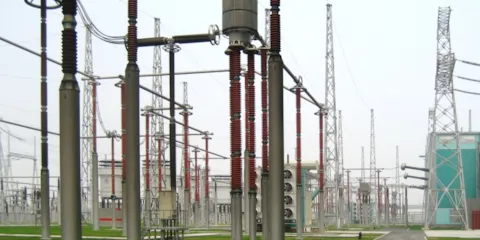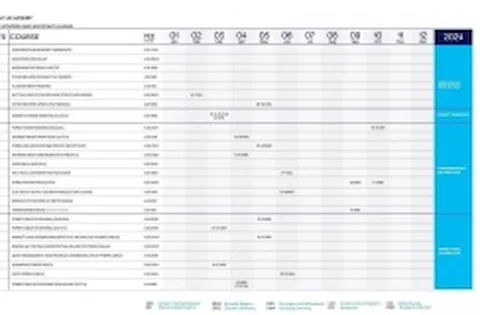VSC HVDC technology training course (online)
Modular training course providing knowledge and understanding of High Voltage Direct Current technology.
Most electrical power transmission involves a 3-phase HVAC system. The reasons for choosing HVDC particularly VSC HVDC rather than HVAC in a specific case are very complex. Through this modular of VSC HVDC training course, DNV responds to the need for more knowledge and understanding regarding this subject.
The first part starts with an introduction to HVDC technology, including an overview on the classic LCC-HVDC and why VSC HVDC is increasingly applied in power systems. VSC HVDC converter technology and its applications are explained, followed by system and equipment aspects based on practical project examples. The second part starts with VSC HVDC control principals, including typical system simulation studies and test requirements at various phase through the life-cycle of HVDC systems, followed by HVDC grid development and interoperability topics. Coming immediately after our training, this technology course completes the overview of VSC HVDC systems.
Subjects:
• Basic of VSC HVDC technology (including introduction)
• System aspects of VSC HVDC system
• Equipment aspects of VSC HVDC
• Future outlook
• Control and protection of VSC HVDC
• System study aspect of VSC HVDC
• HVDC grid development and Interoperability
Target Audience:
The course is intended for employees of TSO's, engineering and construction companies and manufacturers, but can also be of interest to wind project developers, consultants, managers or others who require knowledge about the building blocks of HVDC. A background in electrical power engineering is required.
Result:
After this course participants have gained in-depth understanding of the various building blocks, types of HVDC technologies and their typical applications and the critical aspects to ensure the quality of your HVDC projects. You will understand how HVDC converter stations are specified and designed and which developments can be expected in the future.
On request, DNV can also provide in-company training (content, location and duration can be adapted to you specific wishes). Please contact us for more information.
Related courses
For those interested in HVDC cables, please note that we also offer an online HVDC power cable training course providing a holistic view and sound understanding of HVDC cables and its accessories.


